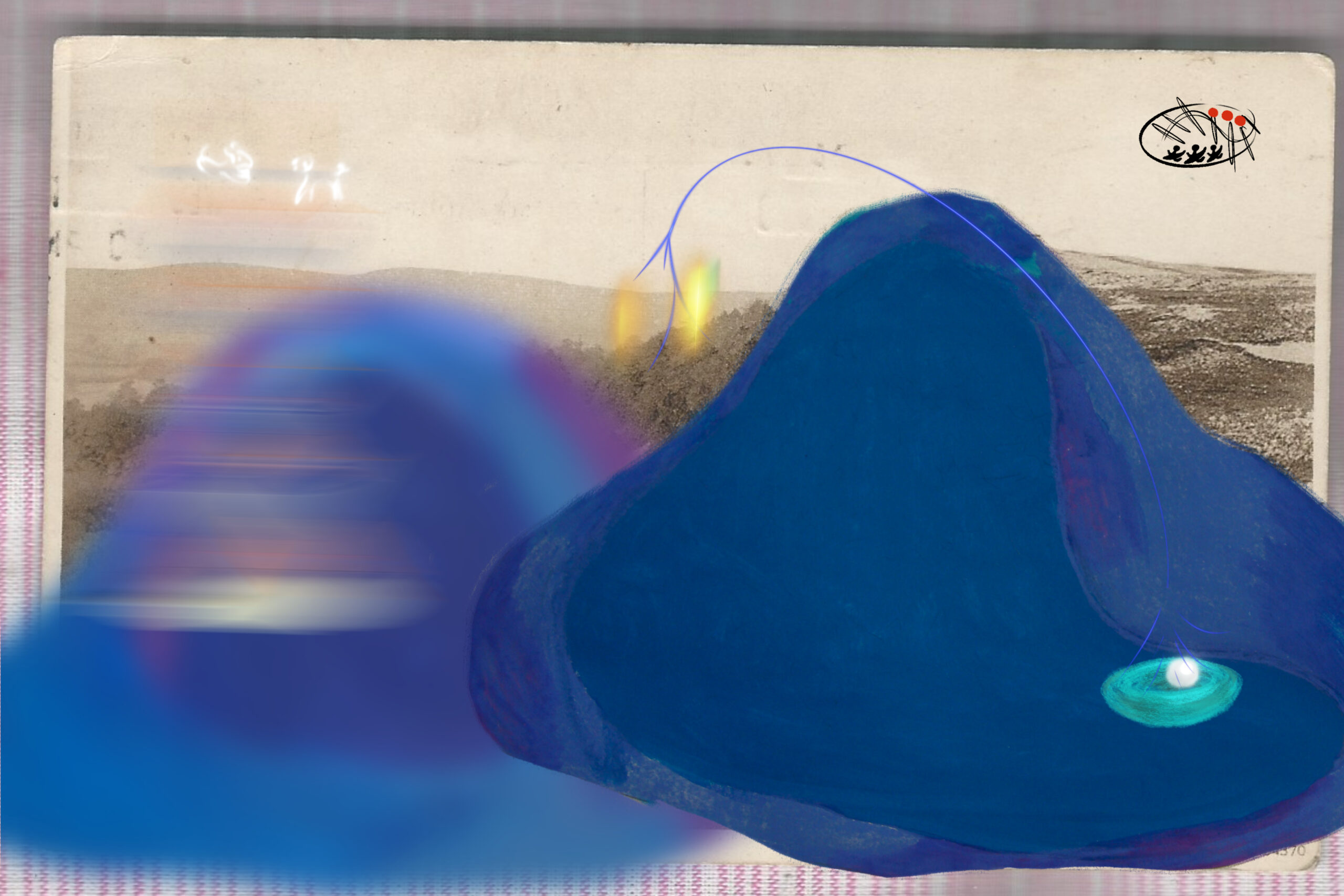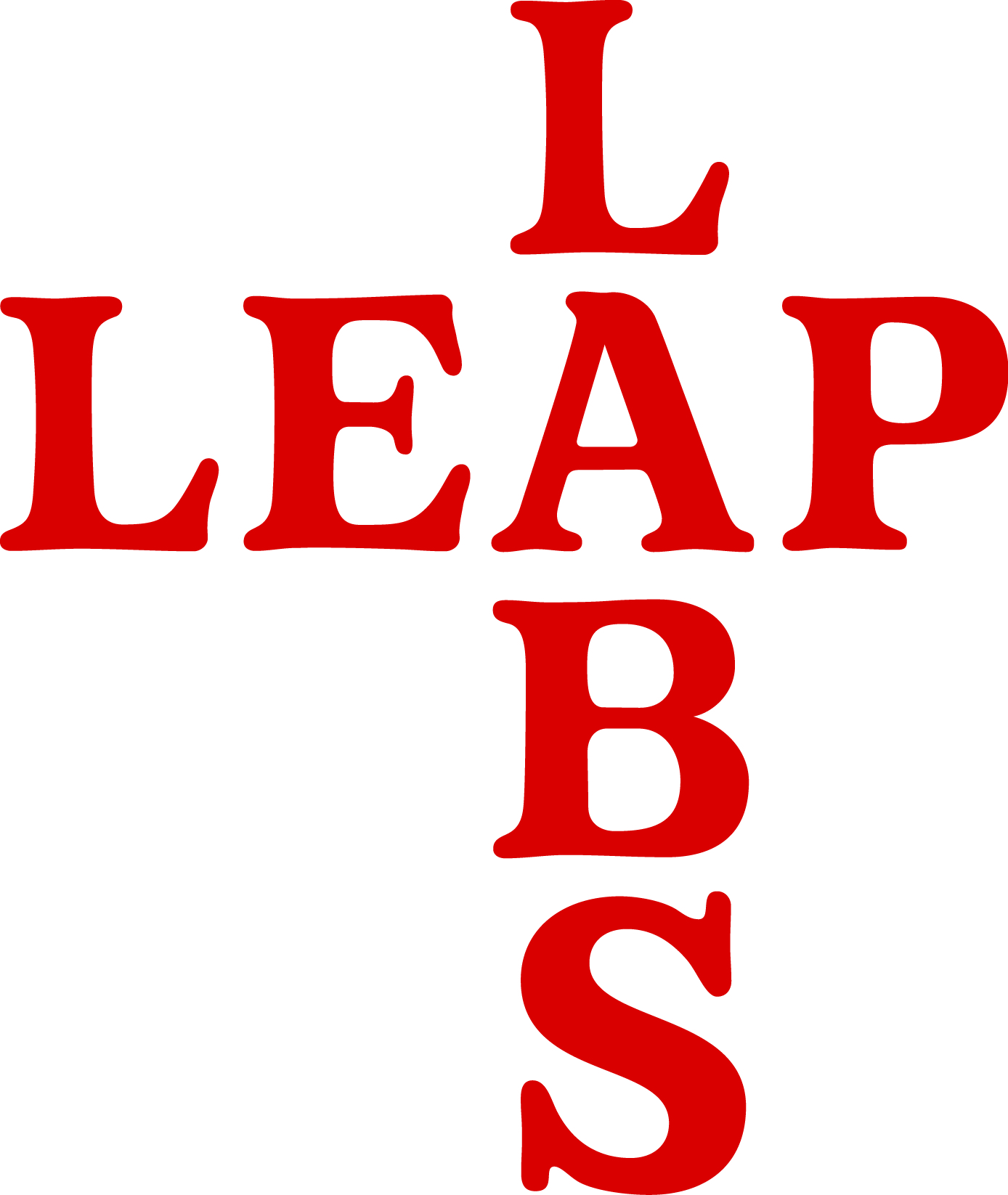THE WORLD GOES POP
| January 13, 2016 | Post In LEAP 36

Constantly seduced but never sated, constantly played but never winning; the latent agony of being on the receiving end of mass media and commercial culture is taken to its logical conclusion in this exhibition, as our relationship to the image is dissected and played back to us on repeat. Thomas Bayrle’s Laughing Cow multiplies into a herd, spreading across floor-toceiling wallpaper, grin fixed into a mocking smile, questioning the all-too-easy relationship to the familiar processed cheese brand.

Beyond the familiar Warholist Pop of graphic image, brand, mass production, and repetition, the exhibition situates global Pop as a vehicle for transgression and disobedience that brings to mind the origins of remix and collage as a form of protest that reclaims the aggressor: see Cornel Brudaşcu’s paintings of friends overlaid onto western media images, and Bernard Rancillac’s imagery of American soldiers in Vietnam layered against images of corsets taken from magazine advertisements. Through this juxtaposition, the work shows the perversity of the media in placing imagery of violence and war alongside underwear, a precursor to our now-constant log flume of violence, sex, and advertising in browser pop-up windows. In the Tate’s take on Pop, the dominant western narrative with its cast of flamboyant male leads is called into question, and a new set of protagonists, including women and international artists with social and political agendas, enters the narrative.

It’s an exhibition that climaxes with Jana Želibská’s Kandarya-Mahadeva, an environment garlanded with pink flowers in which female bodies are presented as pink block silhouettes with legs spread and mirrors for vaginas on a totemic light box of more bodies posing in decorative embossed patterns. As a statement piece, this is it: centered in the exhibition as the only full-room installation. Sensationalist? Perhaps, but that’s the thing about Pop—the vitality of the come-hither smile that simmers, through clenched teeth, with rage and calculated dissent.
Tate Modern, London
2015.09.17 – 2016.01.24


